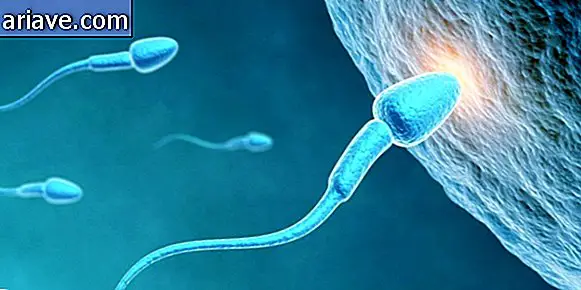Chinese city suffers from giant wasp attack and 28 people die
An unusual attack caused by a swarm of giant wasps in central China ended up killing 28 people and injuring hundreds of people. The victims reported that they were chased for a few kilometers by the insects and some were bitten 200 times.
The occurrences had been reported for three months in rural Shaanxi district, but a sudden attack in the city of Ankang resulted in fatalities. Part of the population of Hanzhong and Shangluo was also injured.
Experts associate the attacks with the species Wasp mandarinia, also known as the Asian Giant Wasp, which grows up to 5 centimeters and has a 6mm stinger, although a smaller species known as Vespa velutina nigrithorax is more common in the region.
Insect bites are toxic and can result in anaphylactic shock and kidney failure. Ankang Disease Control Center officials are advising people who have taken more than 10 bites to seek medical attention, while those who have suffered more than 30 bites should seek emergency treatment.

Risk area
Wasp attacks are a recurring problem in the area and usually happen between May and November. According to local police, records indicate that 36 people died in the district and 715 were injured during the years 2002 and 2005. These figures show that this year's attack was more severe, which worries the authorities.
It is believed that the increase in occurrences was due to climate variations. According to The Guardian, experts argue that warmer temperatures in recent years have favored insect reproduction. In addition, local workers have entered some areas where wasps nest and this may have bothered insects.
Li Jiuzhou, director of the Shaanxi Bee and Wasp Industry Association, says that hundreds and even thousands of wasps can live in a single nest and that they only attack when they feel threatened. City firefighters removed more than 300 nests during the summer, but experts believe the problem will only end when temperatures drop.











